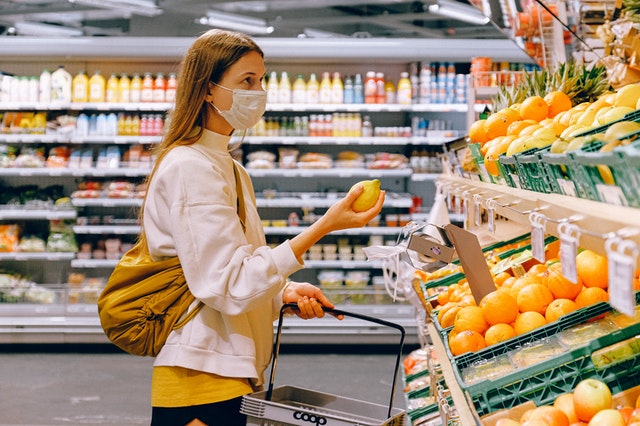Throughout the COVID-19 pandemic, you may have worried about whether or not something like this could ever happen again in the future. After all, the thought that we may have to endure another pandemic is terrifying. If the idea of going through an event like this again is giving you anxiety, it might reassure you to know that scientists are already coming up with plans that could stop future pandemics before they really start.
In a recent study, “Ecology and economics for pandemic prevention,” which was published in the journal Science, a group of scientists laid out a series of proposals that could serve to prevent zoonotic diseases like COVID-19 from spreading. They estimate that every year, about two new zoonotic diseases make the jump from animals to humans: this is how the spread of diseases like SARS and MERS began, along with COVID-19. The objective of all of their proposals is to reduce the amount of contact between people and wildlife while taking steps to protect the environment. The study clearly outlines why environmental policy and public health will always be intertwined.

First, the scientists emphasize the importance of reducing deforestation. In fact, they specifically recommend moving forward with direct forest protection programs, which have successfully helped to preserve parts of the Amazon in Brazil and could be implemented in other countries as well. Human beings are more likely to interact with wildlife when forests are cut down because the animals lose their original habitats while people encroach on the places where they live. Therefore, fighting back against deforestation is actually an integral part of pandemic prevention.
They also suggest methods for addressing the wildlife trade. In some areas, bushmeat is sold in cities, and eating it is viewed as a status symbol; while in others, people have no choice but to eat wildlife even though it might be dangerous to their health. The wildlife trade can also include animals that are purchased as exotic pets. The scientists acknowledge that any programs meant to curb the wildlife trade will have to be developed and carried forward with cultural sensitivities in mind, but laws to ban the national and international trade of certain species will be necessary to stop the spread of zoonotic diseases. The agencies that enforce these laws will need proper funding and support, and they’ll also need to encourage education and awareness around these issues.
Early detection and efforts to control pathogens are also important. Should another zoonotic disease be transmitted from animals to humans (and at some point, it will happen), these scientists advocate for better reporting on the first detected cases. More importantly, they suggest investing heavily in early detection and testing efforts, so that if an outbreak does begin, people can find out if they have contracted the illness right away and make efforts to quarantine themselves or seek treatment if necessary. In addition, they recommend expanding pathogen identification programs in hot spots.
Finally, the scientists note that it’s not just the wildlife trade that poses problems: animal agriculture also provides another mode of transmission for zoonotic diseases. They suggest investing heavily in biosecurity for farms specifically intended to reduce the risk of diseases spreading. When farms do not adhere to these standards, it can create massive risks for public health.

The scientists acknowledge that while the costs of implementing these different programs and initiatives may seem expensive at first glance, the numbers pale in comparison to the costs of addressing the COVID-19 pandemic. They estimate that their set of solutions would cost approximately $22 to $31 billion per year, while the COVID-19 pandemic has already cost the global economy about $27 trillion this year, plus hundreds of thousands of human lives. In comparison, it seems like investing in these solutions would be a small price to pay, and it could save countless lives both human and animal.
Over the past few months, many vegans (myself included) have considered how encouraging more people to adopt plant-based diets—and advocating for bigger, systematic changes that would make the switch easy could also prevent the transmission of diseases from animals to human beings. This isn’t explicitly addressed in this particular study. But the solutions that the scientists do propose could boost animal welfare through habitat preservation and curbing the wildlife trade. The health of our planet and the health of human beings are intrinsically connected, and if we want to avoid another crisis like the COVID-19 pandemic, we will need to recognize this truth.
Related: Half Of Americans Live In Polluted Air. What This Means For COVID-19
Get more like this—Sign up for our daily inspirational newsletter for exclusive content!
__
Photo: Pexels




